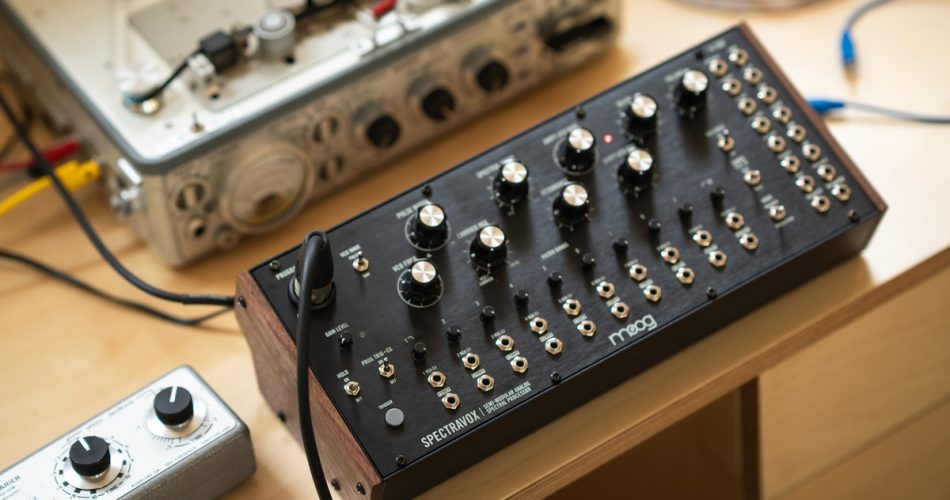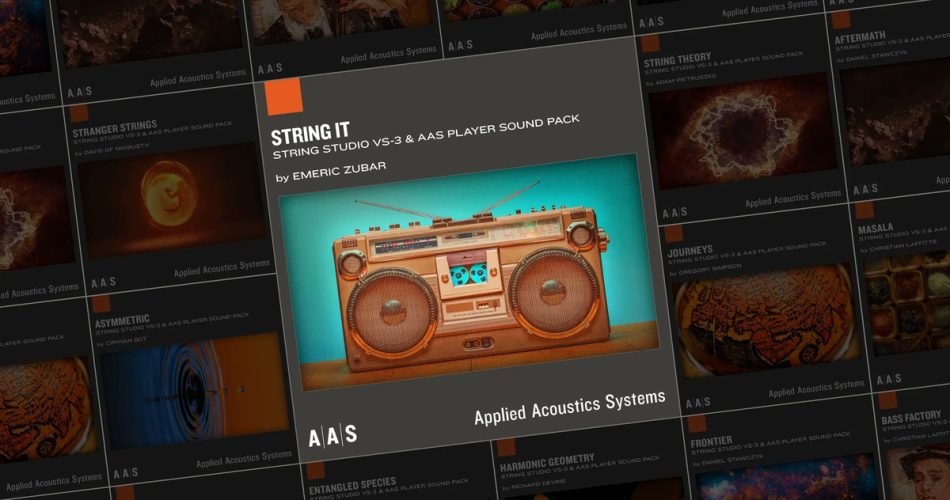Does Music Theory Help with Creating Beats?
Creating beats is more than just making noise; it’s about making good music. That being said, you may be wondering whether theory can help with your beat-making efforts. The short answer is yes, it does help. Music theory provides principles that give insight into how we perceive sounds and how these sounds work together as …
The post Does Music Theory Help with Creating Beats? appeared first on Beat Production.
https://beatproduction.net/
Creating beats is more than just making noise; it’s about making good music. That being said, you may be wondering whether theory can help with your beat-making efforts.
The short answer is yes, it does help. Music theory provides principles that give insight into how we perceive sounds and how these sounds work together as a song. Understanding the universal properties of sounds enables us to create more complex melodies, harmonies and rhythms.
The practice and study of music theory has been used by composers for centuries to improve the aesthetics of their songs.
These same principles will help you better understand what makes a good drum beat by focusing on melody, rhythm and harmony.
Learning music theory is not something that will come easily or fast for everyone; let’s take a look at why that is, along with some tips to get you started.
What is Music Theory?
Music theory is the study of how music is created, performed and heard. Music theory is primarily concerned with the harmonic, melodic, and formal aspects of music.
It can be thought of as the way that music is structured and how it is put together. It is used by composers, songwriters, music teachers, arrangers, and performers.
A basic knowledge of music theory is helpful for all musicians, whether they are just starting out or are experienced professionals. Music theory is an essential part of a musician’s education, regardless of their specialty.
Music theory is an organized way of looking at music. It helps musicians understand how music works and how to create it.
Music theory provides a common language that musicians can use to communicate with each other. It is especially helpful when musicians come from different cultures or musical traditions.
No matter what type of music a person plays, they can benefit from a basic understanding of music theory.
Why is Music Theory Hard to Learn?
The concept of music theory may sound simple enough: it’s the knowledge behind how music works. But once you try to apply that knowledge to your own sounds, you quickly discover how difficult it is.
The reason for this is because music theory is not about the sounds themselves, but about the relationships between these sounds. This is what makes it difficult to apply to your own music.
Your sounds aren’t related to each other in the same way as the examples from theory books.
So how can we remedy this? The trick is to focus on the three main aspects of music theory: melody, rhythm and harmony. Once you understand these, you’ll find it much easier to apply theory to your own music.
3 Ways Music Theory Helps with Beats
Melody
The melody is the “singer” of the song; it tells us what the song is about. A great melody is memorable and unique to an artist or song, and it’s the first thing we notice when hearing music. A good melody is at the heart of any good song and is the core of a beat. It takes a great melody to make it stand out.
Whether you are making hip hop, rock, or anything else, the melody of the drum beat is what makes it memorable.
Rhythm
The rhythm (timing) of a song is how it progresses from start to end. It is the “heartbeat” of the song and is often expressed in the bass drum. Rhythm is all about relationships and “feel.”
The best rhythms are natural and easy to follow, and they often come from the drummer’s “feel” for the song.
Harmony
Harmony is about the notes and chords used in a song. It is the combination of notes played at the same time, and it creates the “coloring’ of a song.
Harmony is all about the chord progression and how they sound together as a song.
2 Tips to Help You Learn Music Theory
Understanding the benefits of music theory:
Many people don’t understand why they should bother learning music theory. The trick is to understand the benefits of learning theory. Once you see how it will help you with your music-making efforts, you’ll find it easier to get through the more difficult concepts.
Find a teacher:
A good music teacher can help you get through the trickier aspects of music theory. A one-on-one approach with a teacher will also help you stay motivated to learn theory.
Keep practicing:
You won’t learn music theory overnight. It takes a lot of practice and hard work. You need to keep at it, even when things get tricky. The more you practice, the better you’ll get at understanding theory and applying it to your own music.
Conclusion
When you are creating a beat, you want to make sure it is the best it can be. One way to achieve this is to understand the concepts of music theory. Music theory provides insight into relationships between notes and chords, rhythms and melodies, as well as how these sounds work together.
Once you understand music theory, you’ll find it easier to create complex and interesting beats. With these tips, you can get started with learning music theory. Once you start to understand the concepts behind theory, you’ll find it much easier to create music that sounds great.
The post Does Music Theory Help with Creating Beats? appeared first on Beat Production.
This is a syndicated post. To read more, click the source link above.



